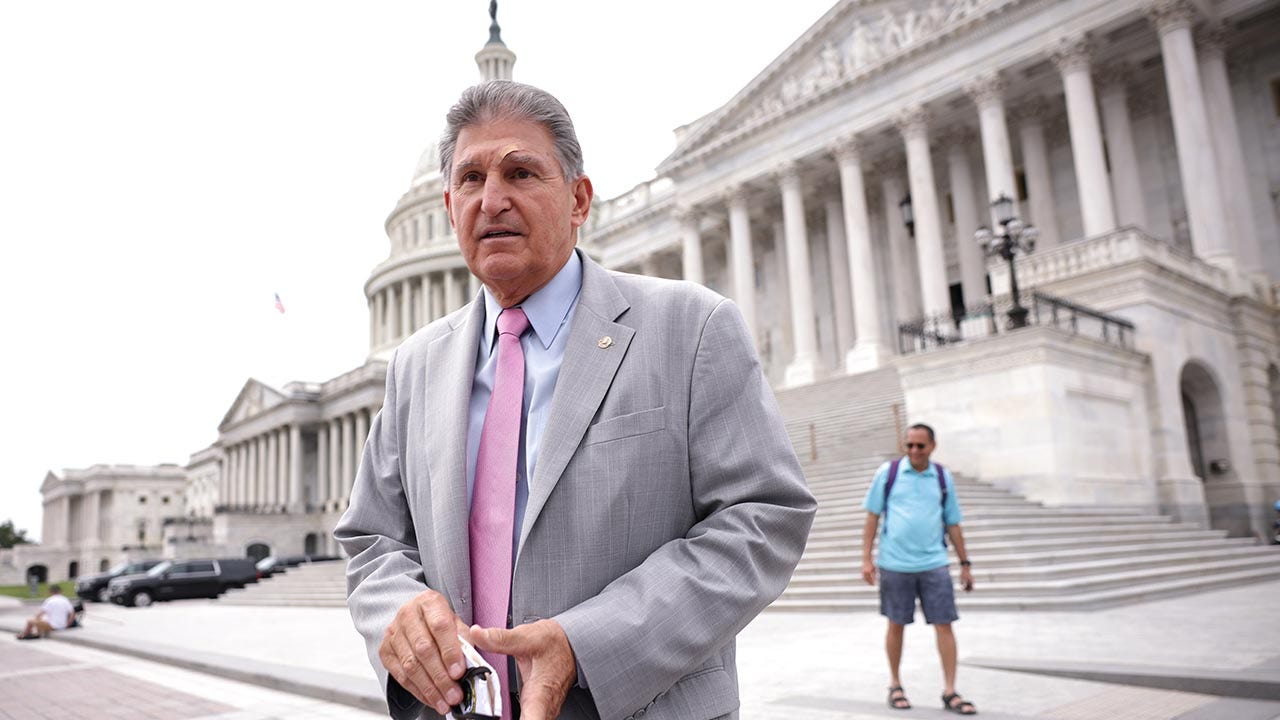The fiscal risk of climate change is immense. An analysis by the
Network for Greening the Financial System estimated that, under current
policy pathways, climate change could reduce U.S. GDP by 3 to 10 percent
by the end of this century. The new Budget analyses found that, at the
upper end of that range, climate change could lead to an annual Federal
revenue loss at the end of the century of 7.1 percent, which in today’s
dollars would equal $2 trillion per year. Furthermore, the analyses
found that, the Federal Government could spend between an additional $25
billion to $128 billion annually on just six types of Federal
expenditure: coastal disaster relief, flood insurance, crop insurance,
healthcare insurance, wildland fire suppression, and flooding at Federal
facilities. A few specific examples of these potential impacts include:
*Federal expenditures on crop insurance premium subsidies are
projected to increase 3.5 to 22 percent each year due to climate
change-induced crop losses by the late-century, the equivalent of
between $330 million and $2.1 billion annually. The US spends about $1.1 trillion on food annually. An extra 0.19% pales (using the worst case $2.1 billion figure) in comparison to the 12.2% that groceries went up last year in response to higher gas and diesel prices under Biden's environmental policies. The cost of climate change policies exceed the benefits they provide in this scenario.
* Increased hurricane frequency could drive up spending on coastal disaster response
between $22 billion and $94 billion annually by the end of the century. This is an issue for insurers. If insurance premiums escalate in coastal communities it will discourage people from building / living on the coasts (rather than putting a premium on coastal real estate as we have today). Ironically a lot of coastal communities have economies supported by tourism. In this scenario, the damage is being done by those whose economic activity created the issue.
* Rising wildland fire activity could increase Federal wildland fire suppression
expenditures by between $1.55 billion and $9.60 billion annually, the
equivalent of an increase between 78 percent and 480 percent, by the end
of the century. The US spends about $1.1 trillion on food annually. An extra 0.87% pales (using the worst case $9.6 billion figure) in comparison to the 12.2% that groceries went up last year in response to higher gas and diesel prices under Biden's environmental policies. The cost of climate change policies exceed the benefits they provide in this scenario.
* Over 12,195 individual Federal buildings and structures could be
inundated under ten feet of sea level rise, with total combined
replacement cost of over $43.7 billion. This is an issue for insurers. If insurance premiums escalate in coastal communities it will discourage people from building / living on the coasts (rather than putting a premium on coastal real estate as we have today). Ironically a lot of coastal communities have economies supported by tourism. In this scenario, the damage is being done by those whose economic activity created the issue.
Countries are not going to stop utilizing fossil fuels. If we stop, it will only decrease the wholesale cost for other countries. Do you think China and India are going to stop using them? Did they stop using coal when we stopped using it (US coal consumption declined from 2008-2020 (and actually bumped up in 2021, Biden's first year in office)? Do you think Russia will stop using and producing them? How about Saudi, Iran, Iraq, Venezuela, the Emirates, etc.? If the costs of combatting climate change exceed the benefits, it is difficult to justify undertaking them.
